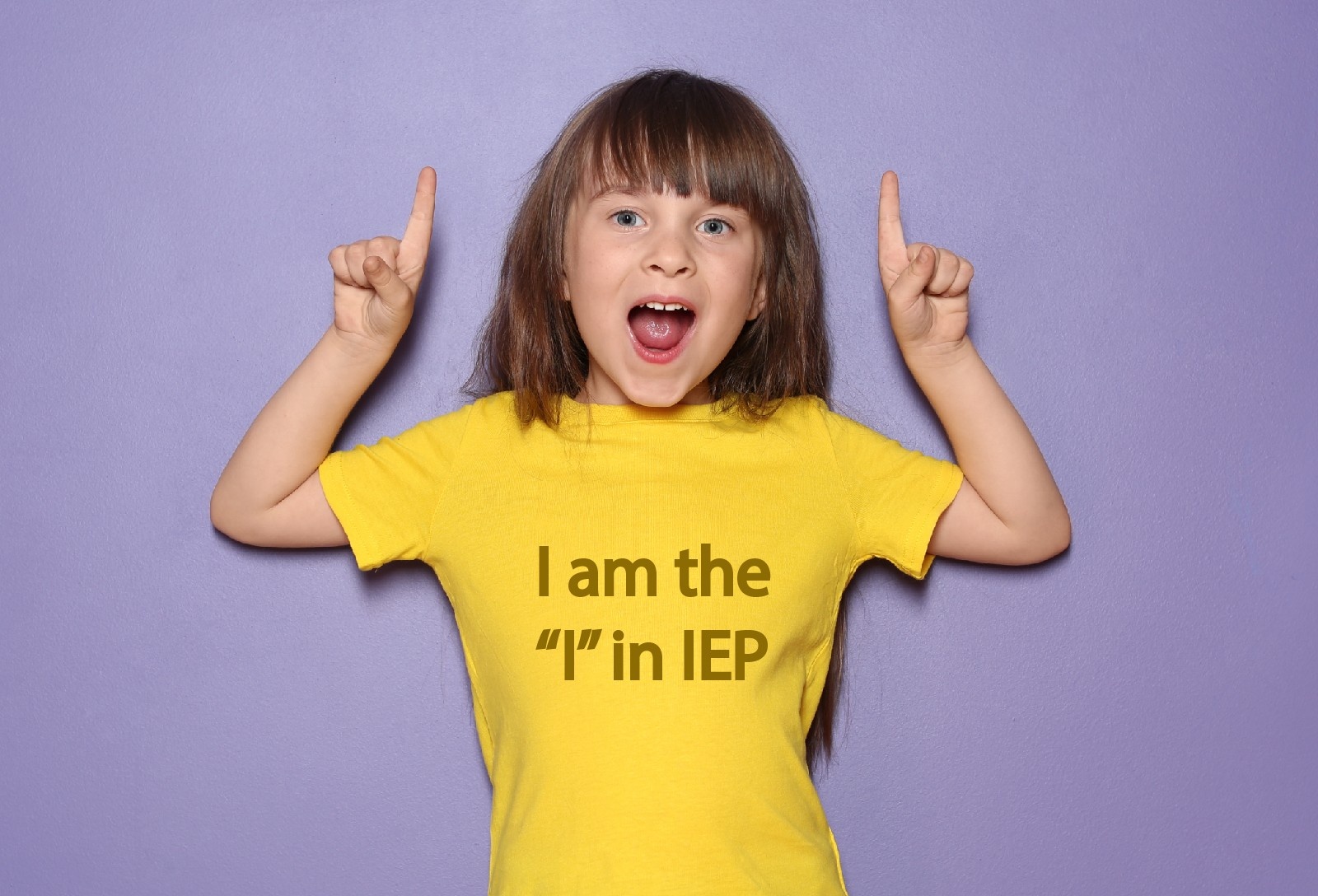Services Provided
Transition from Early Intervention (Birth to 3 years old) to public school services
The earliest years in a child’s life are critical in guiding their success in school and life. Taking a proactive approach to a child’s well-being, and working with their families is the cornerstone to ensuring they thrive in the educational environment.
Students that qualify for Early Intervention Services transition into special services provided by the public school system at 3-years-old. This transition into the public-school setting can cause stress and anxiety for parents and students, and parents and children often have questions and concerns about the transition process.
Brandon has experience welcoming students as they come from Early Intervention Services and enter the public school system at 3-years-old, and qualify for special education services. He works closely with families to answer all questions to help navigate a potentially stressful transition and ensure students are receiving the necessary supports to succeed. His family-centered approach helps reassure parents as their child makes this important transition.

General Education: Multi-Tiered System of Support (MTSS)
Multi-Tiered Systems of Support (MTSS) is used in general education when students who do not qualify for special education services need additional academic and social-emotional supports. MTSS has three tiers of support to provide students with the appropriate interventions they need to close the achievement gaps they are experiencing.
· Tier 1:
o This occurs for all students in the general education classroom.
· Tier 2:
o This support is based on what a specific student requires to become caught up and learning at tier 1.
o An example of this would be small group instruction with students that have similar needs.
· Tier 3:
o This support is more intensive support based on the student’s needs.
o Examples of this could be individualized instruction or adding more time in the small group instructional setting to the student’s day.
In his roles as Director of Special Education and Executive Director of Student Services, Brandon closely collaborated with the MTSS process to provide intervention services and progress monitoring to help students close the achievement gap. He also collaborated with specialists who worked at the Tier 3 MTSS level, where children needed the most support within the general education setting, and organized a special education evaluation and, if qualified, special education services.

504 Plans
504 plans are designed to provide accommodations so students with disabilities that do not qualify for special education services can access the general education curriculum. Brandon has experience creating and implementing 504 plans for students that require additional support in the classroom due to a disability.

Special Education
Special Education is a range of services individually designed to meet each child’s individual needs. The Individualized Education Plan (IEP) is created based on each child’s ability and its purpose is to close the achievement gap while in the Least Restrictive Environment (LRE) for the child to be successful. Brandon has experience implementing the special education process in its entirety. When special education services are required for students to close the achievement gap, there is a legal process that must be followed. Brandon works with the families to fully understand this process and the information being communicated by the different members of the school’s Individualized Education Plan (IEP) team. Brandon utilizes the IEP data to provide each family with child-centered recommendations regarding the most appropriate supports and interventions for their child.

Post 12th grade Transition Program
Students that qualify for transition services through their IEP can receive post-12th-grade transition support which typically consists of job skills training. Brandon has experience creating and implementing successful transition plans. The individual transition plans are designed to focus on the particular job skills the young adult requires to become independently successful.
